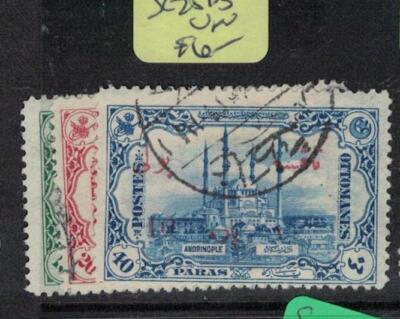The Cultural and Economic Landscape of Turkey

Introduction
Turkey, straddling Europe and Asia, is a nation steeped in history and culture, making it a focal point for studies of human civilization. Its geographic location has seen it thrive as a cultural crossroads for centuries, playing a significant role in the interactions of various empires including the Byzantine, Ottoman, and Roman. Understanding Turkey’s importance today requires a look at its rich heritage, vibrant traditions, and dynamic economy.
Cultural Significance
Turkey’s cultural tapestry is woven with diverse threads from its history. Its capital, Ankara, touts modern governmental structures, while Istanbul, the former capital, showcases a blend of historic landmarks such as Hagia Sophia, Topkapi Palace, and the Blue Mosque alongside a burgeoning contemporary art scene. Turkish cuisine, famed for its variety, offers dishes like kebabs, baklava, and mezes that reflect its geographical diversity. Every year, millions of tourists visit Turkey to experience its festivals, music, and art, significantly contributing to its economy.
Economic Landscape
Turkey’s economy is one of the largest in the world, classified as an emerging market. In recent years, it has experienced fluctuations due to political developments and global economic conditions. As of late 2023, Turkey is focused on stabilizing its currency and attracting foreign direct investment. Key sectors include manufacturing, tourism, and agriculture. The government has been proactive in implementing reforms aimed at enhancing trade relations, particularly with European Union countries. The Istanbul Financial Centre is set to be a catalyst for Turkey’s ambitions to become a regional financial hub.
Current Events
Recently, Turkey has been navigating complex geopolitical landscapes, particularly concerning its relationships with NATO allies and regional partners. Its involvement in peace talks surrounding conflicts in neighbouring countries showcases its importance in international diplomacy. Additionally, Turkey’s position in energy transit, especially with pipelines connecting Europe to the Middle East, makes it a strategic player in global energy discussions.
Conclusion
As Turkey continues to evolve, the interplay of its cultural heritage and economic ambitions will be crucial in determining its future. While challenges remain, estimates suggest that the Turkish economy could grow, supported by its youthful population and strategic location. Observers and analysts will be keeping a close eye on how Turkey adapts to changing global dynamics and positions itself on the world stage.








